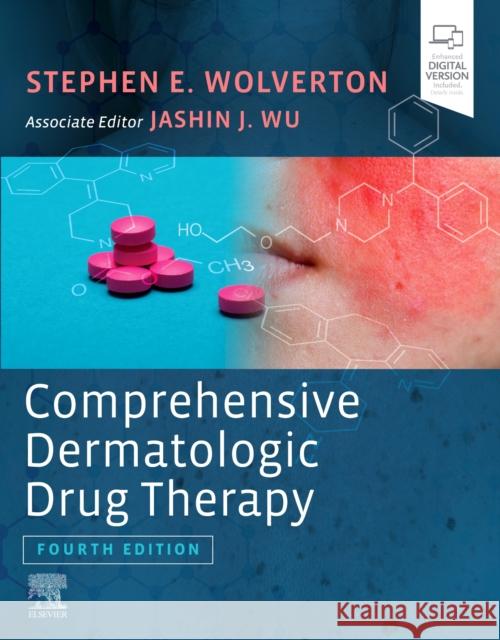Comprehensive Dermatologic Drug Therapy » książka
topmenu
Comprehensive Dermatologic Drug Therapy
ISBN-13: 9780323612111 / Angielski / Twarda / 2020 / 1024 str.
Kategorie BISAC:
Wydawca:
Elsevier - Health Sciences Division
Język:
Angielski
ISBN-13:
9780323612111
Rok wydania:
2020
Dostępne języki:
Ilość stron:
1024
Oprawa:
Twarda
Dodatkowe informacje:
Bibliografia
Wydanie ilustrowane
Wydanie ilustrowane











